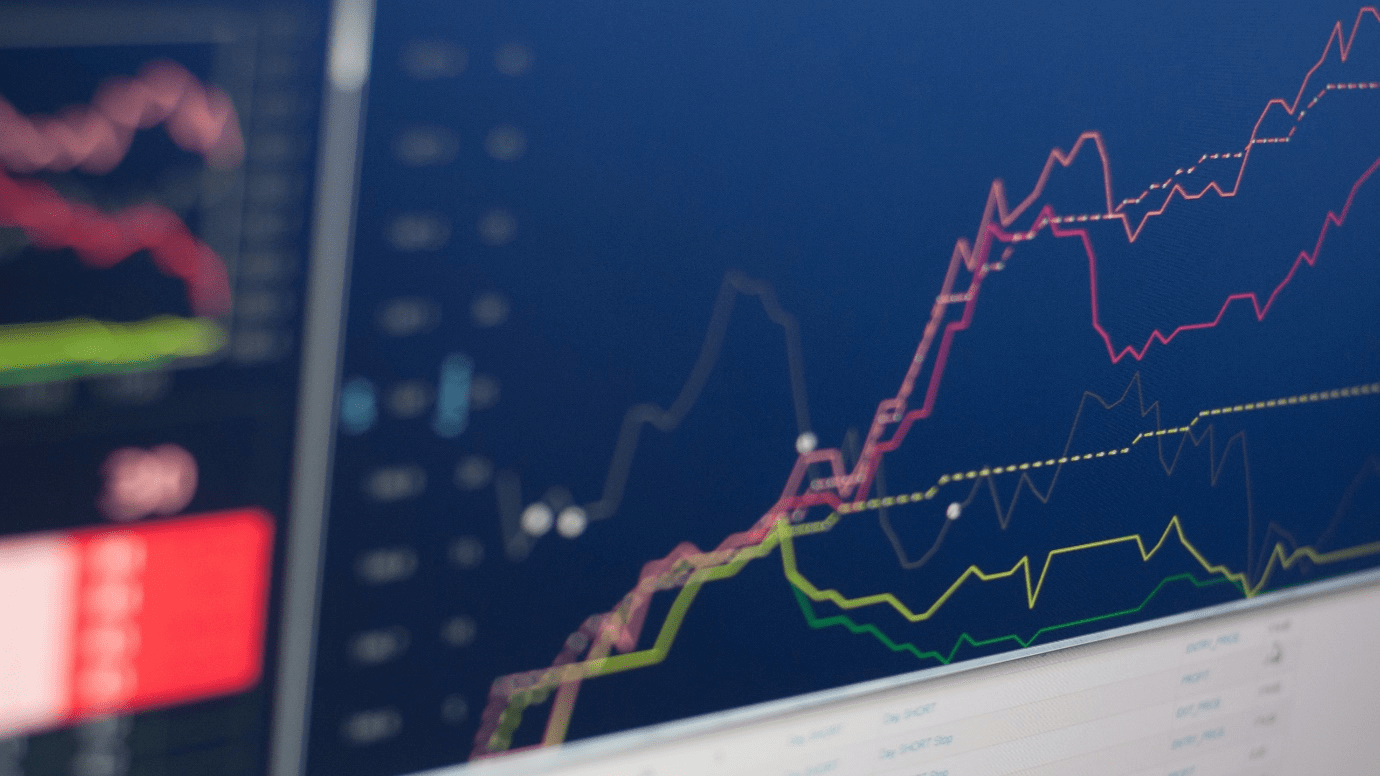
Why Skills-First Leadership Is Replacing the Ivy League Playbook in the C-Suite
The old prestige pyramid—where Ivy League degrees and blue-chip consulting backgrounds paved the way to the CEO seat—is cracking.

February 24, 2022: -U.S. stock market futures were higher in the trading Wednesday after the S&P 500 closed in correction territory amid escalating tensions amid Russia and Ukraine.
Futures contracts tied to the Dow Jones Industrial Average advanced 220 points or 0.65%. S&P 500 futures are gaining 0.77%, while Nasdaq 100 futures increase 1.11%.
In market news, home retailing giant Lowe’s beat earnings forecasts and said sales rose 5%, sending shares up 3% in premarket trading.
During trading Tuesday, the Dow decreased 483 points, or 1.42%, for its fourth straight negative session. The 30-stock benchmark had been down more than 700 points at one point. The S&P 500 shed 1.01% and is now 10.25% below its January 3 record close, which puts the broad market index in correction territory. The Nasdaq Composite decreased 1.23% for its fourth straight negative session.
On Tuesday afternoon President Joe Biden announced the first tranche of sanctions against Russia. The measures target Russian banks, the country’s sovereign debt, and three individuals.
“While uncertainties remain, our work shows that historically military/crisis events tend to inject volatility into markets and cause a short-term dip, but stocks tend rebound unless the event pushes the economy into recession eventually,” Eylem Senyuz, senior global macro strategist at Truist, wrote in a note to clients.
“Investor sentiment suggests the bar for positive surprises is low,” Senyuz added.
On Wednesday, Energy prices moved lower while government bond yields edged higher.
On Tuesday, all 11 S&P 500 sectors declined, which led to the downside of consumer discretionary stocks, which fell 3%. Energy stocks moved lower despite an increase in oil prices. International benchmark Brent crude traded as high as $99.50 per barrel. West Texas Intermediate crude futures, the U.S. oil benchmark, reached a session high of $96, a price last seen in August 2014.
“The contagion risk will feed into inflationary pressures as energy costs will skyrocket, and that will derail large parts of the economic recovery coming out of Covid,” said Oanda senior market analyst Ed Moya.
“Geopolitical risks could result to a slower growth cycle, and that could remove the risk of a half-point Fed rate hike at the March 16 FOMC decision,” he added.

The old prestige pyramid—where Ivy League degrees and blue-chip consulting backgrounds paved the way to the CEO seat—is cracking.

Loud leaders once ruled the boardroom. Charisma was currency. Big talk drove big valuations.

But the CEOs who make history in downturns aren’t the ones with the deepest cuts

Companies invest millions in leadership development, yet many of their best executives leave within a few years. Why?

The most successful business leaders don’t just identify gaps in the market; they anticipate future needs before anyone else.

With technological advancements, shifting consumer expectations, and global interconnectedness, the role of business leaders

Following a distinguished Law Enforcement career Joe McGee founded The Securitatem Group to provide contemporary global operational specialist security and specialist security training products and services for private clients, corporate organisations, and Government bodies. They deliver a wide range of services, including complete end-to-end protection packages, close protection, residential security, protection drivers, and online and physical installations. They provide covert and overt investigations and specialist surveillance services with a Broad range of weapons and tactical-based training, including conflict management, risk and threat management, tactical training, tactical medicine, and command and control training.

Jay Wright, CEO and Co-Owner of Virgin Wines infectious energy, enthusiasm, passion and drive has been instrumental in creating an environment that encourages talent to thrive and a culture that puts the customer at the very heart of every decision-making process.

Fabio de Concilio is the visionary CEO & Chairman of the Board at Farmacosmo, a leading organization dedicated to mental health and community support services. With a deep commitment to identifying and meeting customer needs, Fabio ensures that high standards are maintained across the board.

Character Determines Destiny – so said Aristotle. And David CM Carter believes that more than anything else. For David, it has been numerous years of research into codifying Entelechy Academy’s 54 character qualities that underpin everything he stands for as a leader and teacher.


Leave us a message
Subscribe
Fill the form our team will contact you
Advertise with us
Fill the form our team will contact you